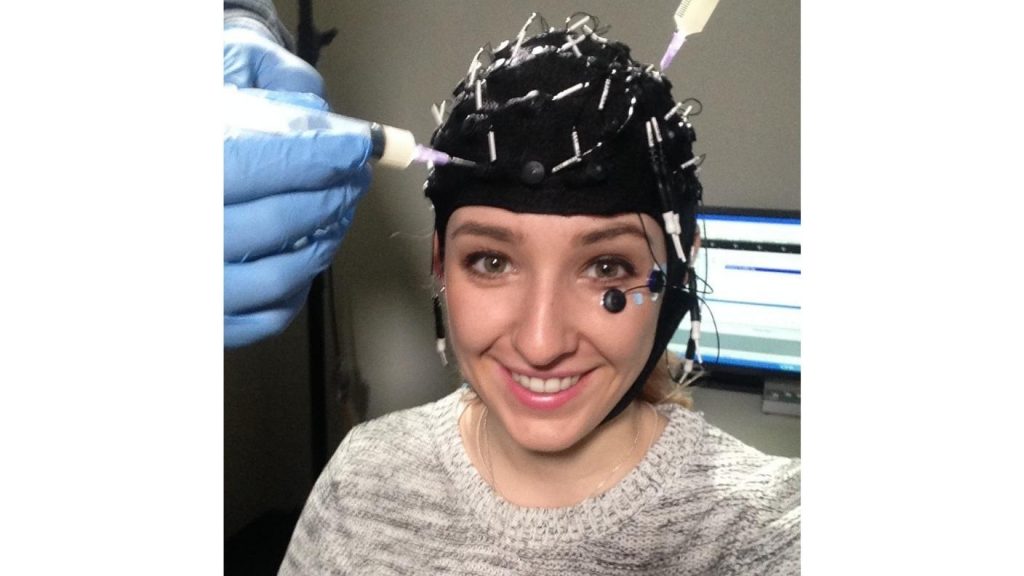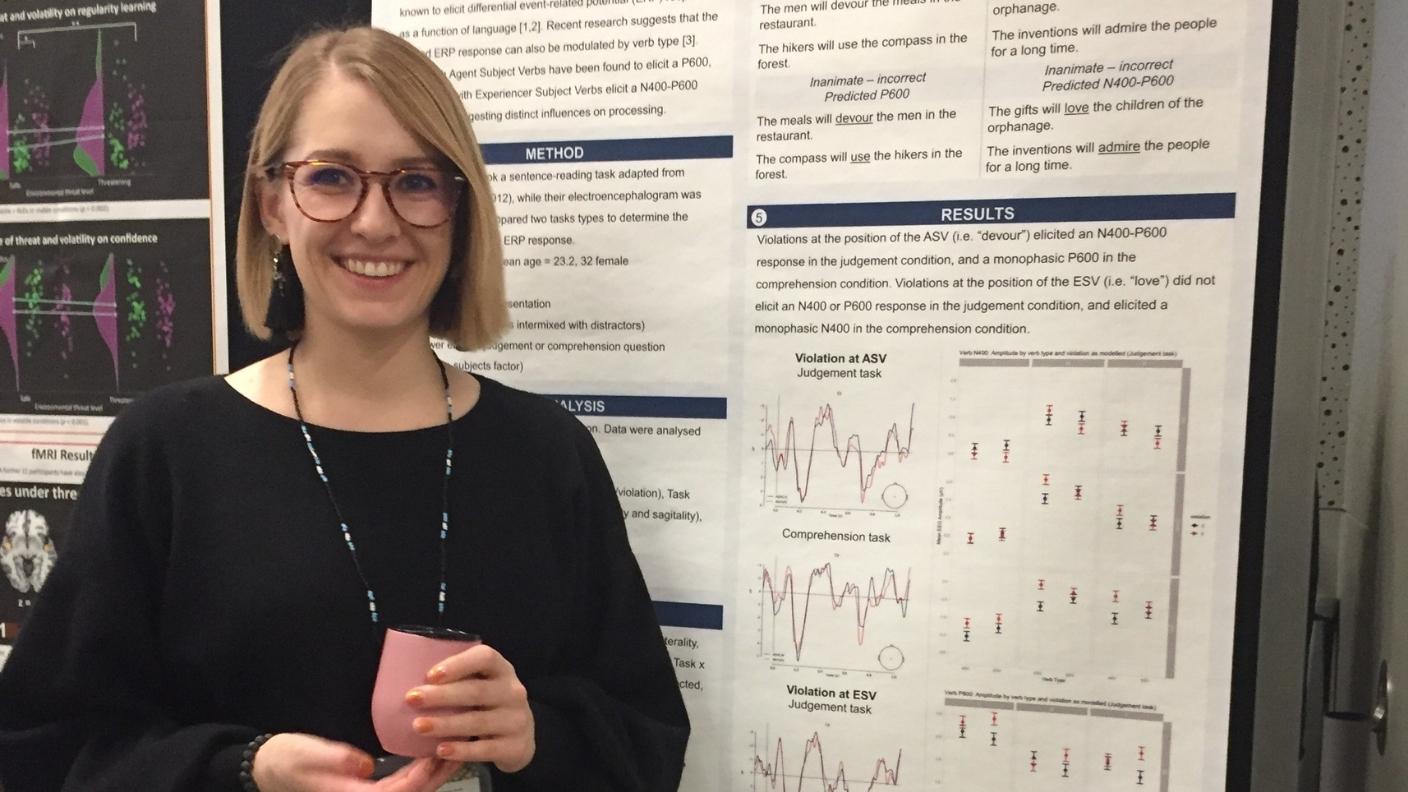A world-first team resilience app, an Australian first STEM program for bushfire awareness and the world’s first interactive English children’s storybook accessible to blind and deaf children are only a few of the innovations announced as finalists in the 2021 Winnovation Awards.
The awards elevate South Australia’s women by acknowledging and celebrating the females behind game-changing innovations.
The finalists announced in late October were selected by a group of independent judges across 11 awards categories, including science, technology, engineering, the arts and mathematics.
“We commend all of the entrants who have contributed to making South Australia a more innovative state, as they continue to create a ripple effect through job opportunities, research capabilities and even improving our quality of life,” said President of Women in Innovation SA, Nicole Swaine.
Among the finalists is Greek Australian Dr Louise Kyriaki. A Flinders University researcher who explores how the human language works in the brain, in order to contribute to the scientific and general community through the development of interventions for people with language-related disorders.
Louise sat down with The Greek Herald and answered our 5+1 questions about how her background inspired her research and what she loves about the career path she chose to follow:
-Louise, tell us a bit about your Greek background
I have family from Kastoria and Kozani (Northern Greece), Tilos (Dodecanese islands) and Crete. Most of my family is from Tilos and I have been there a few times in the past.
-How does it feel being a finalist for the Winnovation Awards?
It is a huge honour to be recognised by the Winnovation Awards as a female innovator in South Australia. It is inspiring to see all of the amazing women who are being recognised for their achievements and their work.
-Can you explain in one paragraph how you hope to help the community through your research?
There are still gaps in the scientific knowledge about the brain processes language. The research I do aims to increase our understanding of how language is processed in the human brain.
To do this, I use techniques such as recording the electrical activity of the brain while people listen to speech and recording the movement of the eyes while people read.
Overall, this research is working towards looking for indicators of language processing difficulty, which can help us to identify challenges during listening and reading. I hope that in the future this research can provide findings about new ways to support people with language-related disorders or difficulties such as dyslexia.

-What made you choose this career path?
I have always been interested in language, especially as I grew up in Australia speaking English and went to Greek school at night to learn how to speak, read and write Greek. Learning two languages growing up started my interest in researching language processing.
– What are the challenges of being a researcher?
I really enjoy being a researcher. One challenge is that innovative research investigates “the unknown”. This means that I am often working hard to solve questions or puzzles that have not been answered before. While it is very rewarding and exciting, sometimes it can be tricky when experiments don’t work out as expected.

-What is your advice to younger women who would like to pursue a career in your field?
Working in scientific research is an exciting field, and one of the best parts is that no two days look the same. While some days I am analysing data on a computer, other days I am working at a school conducting reading research with children.
If you are interested in contributing to society by answering scientific questions that have never been answered before, a career in research could be a rewarding experience for you!
*The winners will be an announced by Sweat co-founder and trainer Kayla Itsines in an event held virtually from 6pm, Thursday 4 November 2021. Book here to secure your free ticket: https://www.eventbrite.com.au/e/2021-winnovation-awards-tickets195802830537

